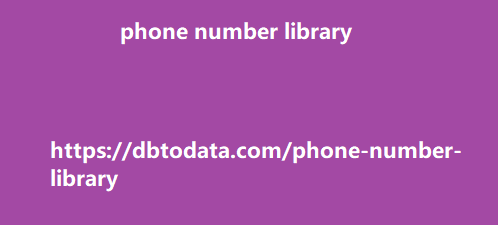Remember to consider important factors like evergreen versus seasonal keywords, competition levels, the value of long-tail keywords, and user intent. Remember, algorithms continually evolve. Make sure to regularly revisit and assess your keyword search volume to ensure the list you’re targeting is still working for you and your site. Here’s a straightforward answer. Yes, internal links CAN help build topical authority for your website. Internal linking is a very important aspect of SEO (Search Engine Optimization) that helps build topical authority on your website. Here’s what you need to know, and how to use them strategically. What is Internal Linking and Topical Authority? Internal linking is when you link to the other pages on your website within your content.
Topical authority in SEO refers to the
establishment of your website as an authoritative source of information on a specific subject or topic. For example, if I’m writing a blog post that mentions the best SEO tools, I would link to another post where I discuss them in detail. This helps your readers find more relevant and useful information for your website. By using links strategically, you can signal to search engines the relevance and importance of your content, which can improve your ranking and visibility in search results. Internal Links vs External Links The differences between the two are as their names imply: internal links are those that go between pages of the same domain, while external links direct you toward different sites.
We call external links pointing from other sites
to your site backlinks. See my posts on link building techniques if you’re interested in also optimizing the external links pointing to your site. Why are Internal Links Important? You should care about the internal links on your site because they’re pretty valuable to your SEO. As advanced as the Google algorithm is–and how demanding their core updates can be–there are still fundamentals that, once optimized, will give you an immediate boost in topical authority, and subsequently, rankings and traffic. Internal linking is one of them. Types of Internal Linking There’s only two types: navigational, and contextual. The first are the links you see in headers, footers, and any other navigational bar or menu on a website.
The second are in-text links, which point users
from one page to another. This kind of link includes anchor links in your articles, a related posts section, and any other relevantly linked URLs. How Internal Links Improve The Topical Authority of Your Website By using internal links effectively, you can improve the topical authority of your site in the following ways: Internal links help create a logical and hierarchical structure within your website. By linking to related pages and topics, you show search engines that your site has extensive coverage of a specific subject. This organization improves user experience and makes it easier for search engines to understand the context and relevance of your content.
Internal links allow search engine crawlers
to discover and index your content. If search afghanistan phone number library engines find internal links when crawling your website, they can follow those links to access and index additional pages. This helps search engines understand the depth and breadth of your content, resulting in better visibility in the search results. Internal linking allows you to distribute the authority of the highest-ranking pages to other pages on your site. When you link to a page that needs a boost in visibility from a page with high authority, you are giving some of that authority to the linked page. This can improve the topical authority of the linked page and improve its chances of ranking well in search results.
Internal links make it easier for the user to
navigate within your site, allowing visitors to easily access related content and explore different aspects of a topic. When users spend more time on your site, interact with multiple pages, and find value in related content, it sends positive signals to search engines about the quality and relevance of your site. How To Use Internal Linking To Build Topical Authority in SEO So how do you use internal linking to build topical authority in SEO? It’s not gaming the system, it’s not gray hat, and it’s not a sly trick. It’s also definitely one of the easiest things to do for your website. Here are some best practices to follow: Use descriptive anchor text.
Anchor text is the clickable text that links to
another page. Instead of best practices in the seo landscape using generic phrases like “click here” or “read more”, use descriptive words that tell your readers what the page is about. For example, instead of saying “Click here to learn more about this topic”, say “Learn more about using anchor text effectively for your SEO.” See what I did there? Link to relevant pages. Don’t just link to any page on your site, link to pages related to the topic of your current post. For example, if you’re writing about how to grow tomatoes, don’t link to a page that talks about how to knit a scarf. Link to pages dedicated to gardening, tomatoes, or farming tips.
Link to quality webpages. Don’t link to pages
that have low-quality content, outdated hk lists information, or broken links. Link to pages with high-quality content, up-to-date information, and working links. This improves the credibility of your website and its user experience. Link strategically. Don’t overdo it with internal links, or you could annoy your readers and weaken your topical authority. Only link when it makes sense and adds value to your content. For example, don’t link to the same page multiple times in the same paragraph, and don’t link to all pages on your site in a single post. bonus tips on how to do internal linking right, you might want to read our in-depth post about the do’s and don’ts of internal linking.

